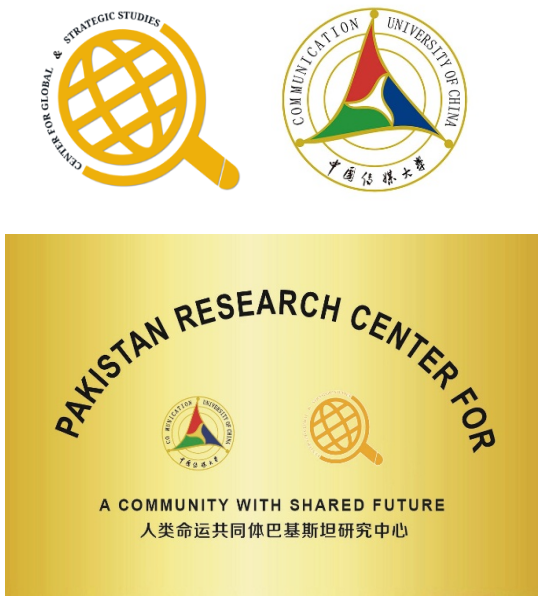
By Mr. Khalid Taimur Akram , Director,
Pakistan Research Center for a Community with Shared Future, Communication University of China (CUC), Beijing, China
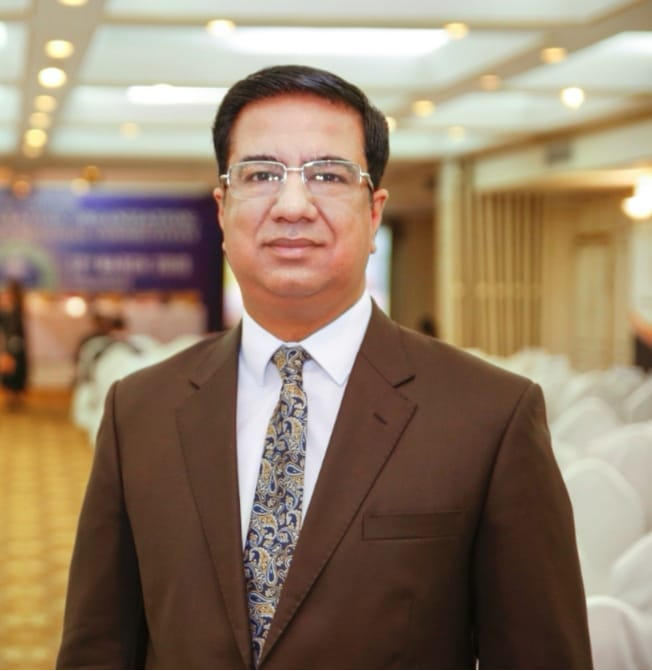
Afghanistan has been engulfed with complexities and flames of war for many decades. However, the fall of Kabul and the Taliban taking over Afghanistan have created many questions. The defeat of a superpower in Afghanistan is not a new thing. However, losing 20 years of war and misadventure of the U.S. in Afghanistan has provided pride to the Taliban as they consider the take-over their victory. America has failed to understand Afghanistan, and policies towards the country have not achieved positive results. Moreover, a dramatic change in Kabul is the result of U.S. flawed policies and misadventure in Afghanistan. The drastic sweep of the Taliban across the Afghanistan landscape in the face of crumbling resistance from the Ashraf Ghani regime presented a unique challenge. Afghan Former President Ashraf Ghani secretly slipped away from the Presidential Palace, leaving the country into great misery and internal chaos.
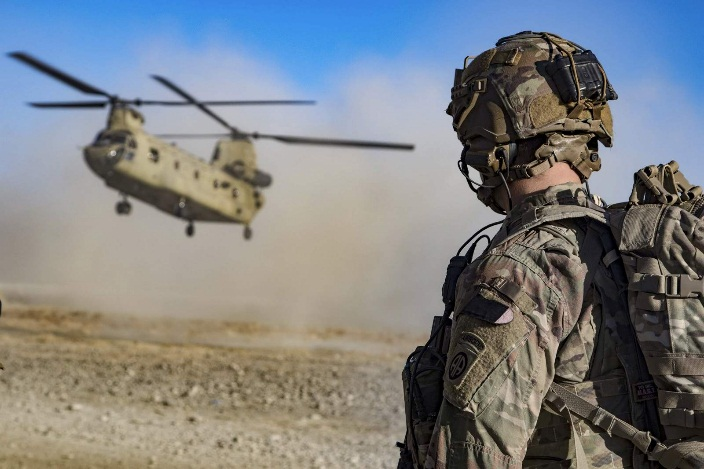
The Kabul leadership and representatives were non-resident Afghans. They were not aware of actual needs and cannot advocate the true rights of the Afghan people. The rogue militia has taken over the capital, raising significant concerns for the future about the conduct of statecraft, how can the Taliban cater to the peace and stability of the Afghan people, and what will be the form of government. It has been reported that the senior Taliban leader Amir Khan Muttaqi is in the Afghan capital negotiating with Kabul’s political leadership, including former President Hamid Karzai and Abdullah Abdullah, who once headed the country’s negotiating council. In the backdrop, the system has astonishingly collapsed like a sand castle.
Security Implications and Pakistan’s Stance:
With the changing socio-political dynamics, Pakistan has made it clear that we have no favorites in Afghanistan. Pakistan will never intervene in the internal matters and government system in Afghanistan. The time for musing is over. Thereby, Pakistan must establish a robust policy framework to tackle security implications and work on future layout. The leadership of Pakistan is optimistic that there will be no Afghan refugee crisis within Pakistan this time. It has a clear stance over the ongoing situation in Afghanistan. The country has always played a pivotal role in bringing countries together and believes that there can be no military solution. Therefore, all regional countries must join hands and formulate a holistic framework that can bring regional peace and stability and also foster inclusive economic development. Recently, a National Security Committee (NSC) meeting was convened to discuss the emerging Afghanistan situation and policies for Pakistan. The National Security Committee (NSC) of Pakistan made a clear stance that all parties in Afghanistan must respect law and protect the human rights of all Afghans. National Security Committee reiterates Pakistan's commitment to an inclusive political settlement in Afghanistan. Pakistan was the victim of a decades-long conflict in Afghanistan. Therefore, it aspires to create peace and stability in the region while bringing all stakeholders together.
The Taliban Facade: Power Struggle
It has been anticipated that the Taliban take-over is no guarantee that peace would result. As a matter of fact, this could signal the advent of a fresh wave of hostility and radicalization. As water retains no constant shape, so in warfare, there are no permanent conditions. Warfare is still going on, adding to internal chaos in Afghanistan, and one cannot predict permanent circumstances. Afghanistan, a land of breathtaking beauty, torn by ethnic, tribal and religious divisions, has been at the center of geopolitical contests for centuries. The internal division in Afghanistan hovers between the two mindsets. The one in view of negotiated settlement exclusively on its terms, and the other asserting both its de jure and de facto legitimacy to rule the country. It is the fusion of clashes among the parties.
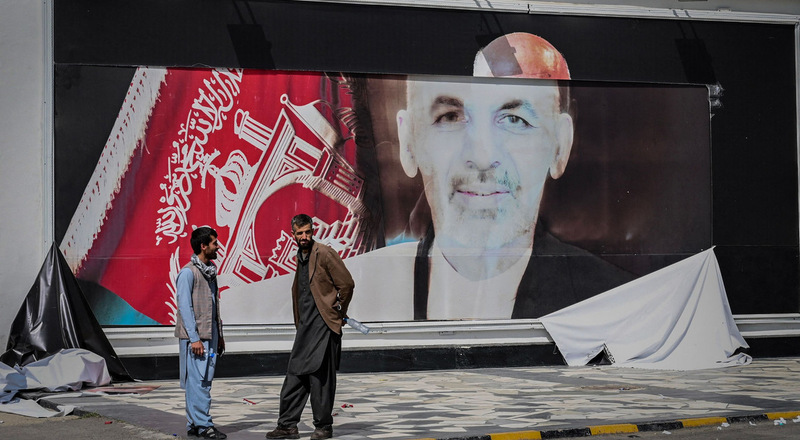
Presently, the Taliban’s statements like: ‘the people of Afghanistan will be safe and provided by all rights or there will be no bloodshed’’, and ‘’women rights will be ensured can be considered as a diplomatic tool to demonstrate positive gesture to the international community or the Afghan people. However, the practical implications and credibility of such statements are yet to be seen in the days to come. There is no doubt that after the 9/11 event, the Taliban have evolved, educated and understand international politics. Nevertheless, they have to come up as a political party to get legitimacy. The situation in Afghanistan is changing with each passing day. The international community will not allow any terrorist group to operate from the Afghan territory against any other country. It will not be possible for the international community to recognize such a radical regime under the auspice of international law. In this regard, the Taliban may go towards interim settlement, followed by the election. In this regard, negotiations are going on in the Afghan Presidential Palace to transfer power to the Taliban with Ali Ahamd Jalali as head of the new interim government. This can be the only way to get legitimacy by the international community. The people of Afghanistan always suffered and bear the horrific outcomes of this brutal conflict. Now, this is the time when the prerogative of plebiscite must be given to the Afghan people only. They have to decide their future and fate.
Potential Role of SCO in Afghan Peace Process:
The Shanghai Cooperation Organization (SCO) is a great model of extensive partnership and regionalism. Regional integration via SCO would pave the way for supranational regulatory systems and a flexible model of future alignments. The organization has eight member countries, i.e., China, Pakistan, Russia, Kazakhstan,
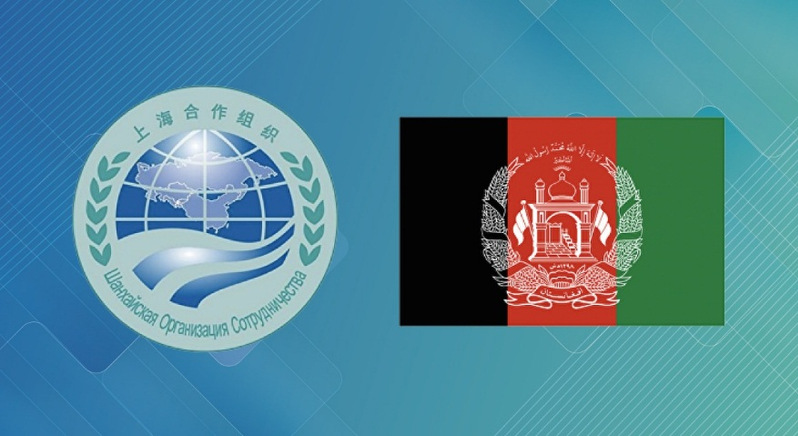
Kyrgyzstan, Tajikistan, Uzbekistan and India, including four observer countries interested in acceding to full membership (Afghanistan, Belarus, Iran, and Mongolia) and six Dialogue Partners (Turkey, Azerbaijan, Cambodia, Nepal, Sri Lanka and Armenia). Provided the multifarious nature of integration in implementing different initiatives, the most substantial contours of SCO are harmonizing national interest based on negotiations, political coordination, mutually acceptable solutions to the problems, enhancing people-to-people contacts, promoting inclusive economic development and solid steps for collective activities.
At present, all neighboring countries of Afghanistan, i.e., Central Asian Republics (CARs), Iran, China, Russia, Turkey, and Pakistan, must formulate a consolidated framework to discuss future discourse and to maintain regional peace. The time for musing is over. Regional powers need to make decisions that they would stand firm. All regional countries must send a strong message to the Taliban that there will be consequences if their country is used to host transnational terrorists. After all, one should not forget that Al-Qaeda or ISIS has a large foothold in Afghanistan. Russia, China and Central Asian countries have shown interest in holding meetings and negotiations with the Taliban leaders. After the negotiations, the regional stakeholders will likely devise future strategies. Moreover, the role of multilateral regional organizations will be instrumental in bringing peace and catering to the requirements of Afghan people. In this aspect, the Shanghai Cooperation organizations (SCO) can play a constructive role in integrating all parties.
SCO has a comparative advantage that entails in its broad mandate. SCO is in a position to address security, economic and human development agendas of Afghanistan simultaneously, combining support for political stability, implementation of large-scale economic projects and assistance for social capital building. In this aspect, SCO also provides an integrated platform to all the member countries and periphery nations of Afghanistan for negotiations and settlement. SCO can play a constructive role in offering mediation and providing its platform to the Taliban and U.S to discuss or reach an agreement. Catering to the peace and stability and engaging Afghanistan in major railway and energy infrastructure projects is indispensable for strengthening regional connectivity between Central and South Asia and in the SCO space. Therefore, these significant agenda points must be included in the upcoming meeting of SCO’s head of states/ministries/official delegations in September 2021. If the organization manages to succeed, this success would be the best possible illustration of the changing nature of international relations.
Article published on ANKASAM | Ankara Center for Crisis and Policy Research
https://www.ankasam.org/en/role-of-the-sco-in-afghanistan-peace-process-means-and-prospects/
